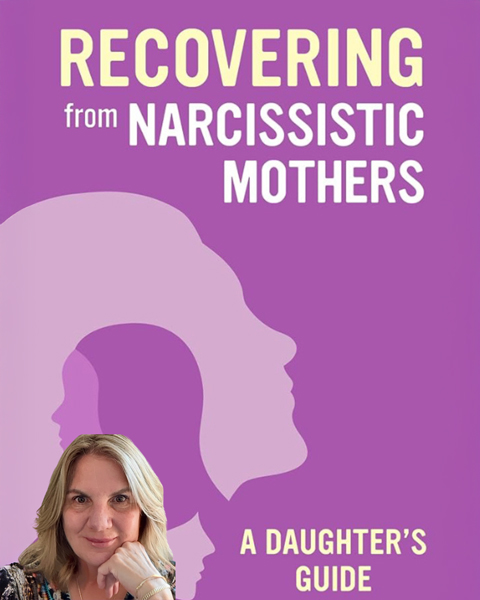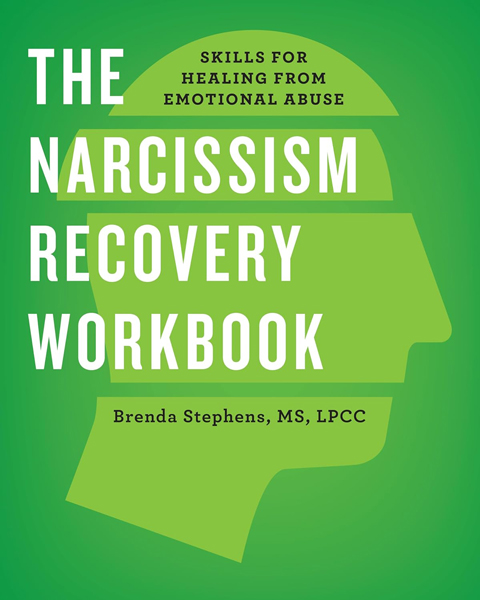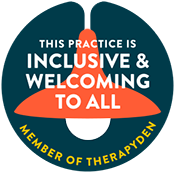What are Effective Strategies for Healing After Covert Narcissistic Abuse?

By Brenda Stephens, Licensed Professional Clinical Counselor
Recovering from covert narcissistic abuse is a deeply personal journey that requires time, self-care, and compassion. In this blog, we will explore effective strategies to help you heal and rebuild your sense of self after such a challenging experience.
Acknowledge the Abuse
Recognizing the signs of covert narcissistic abuse is the first crucial step in your healing process. Understand what happened and validate your feelings. It’s essential to confront the reality of the abuse; denial can prolong suffering. Acknowledging the manipulation and control you faced is key to moving forward. Journaling can serve as a powerful tool. Documenting your thoughts and feelings can help clarify your experience and validate the trauma you’ve endured. This step may feel daunting, but it is empowering. Knowing you’re not alone in this experience opens up possibilities for healing.
Seek Professional Support
Therapy can be a vital resource. A professional can help guide you through your feelings and provide coping strategies tailored to your needs. The Narcissistic Abuse Recovery Center and Stephens Therapy Associates both have therapists who are trained in helping clients recovering from narcissistic abuse to heal. Click the links to learn more.
Consider finding a therapist who specializes in trauma or narcissistic abuse. Their expertise can provide insights that friends and family may not. Group therapy can also be invaluable. Sharing your experiences with others who understand your pain fosters a sense of community and healing. The Narcissistic Abuse Recovery Center has support groups. Learn more by clicking here.
Don’t hesitate to reach out for help. Seeking support is a sign of strength, not weakness, and can accelerate your healing journey.
Build a Support Network
Surround yourself with friends and family who understand your situation. Sharing your experiences with compassionate listeners can ease the burden. Rebuilding relationships after abuse is crucial. Seek out people who respect your boundaries and uplift you, helping to reinforce your self-worth.
Online support groups can also offer solace. Connecting with others who have faced similar battles can provide validation and encouragement. Remember, your support network should be a safe space. It’s okay to distance yourself from those who don’t understand your journey or dismiss your feelings.
Practice Self-Care
Engage in activities that bring you joy and peace. Prioritize your physical and mental health through exercise, nutrition, and mindfulness. Creating a self-care routine can ground you. Simple practices like meditation, yoga, or even a daily walk can help you reconnect with your body. Explore hobbies that excite you. Whether it’s painting, gardening, or cooking, immersing yourself in creative outlets can be a healing experience. Consider setting aside ‘me time’ each week. Taking time for yourself reinforces the importance of your well-being and serves as a reminder that you are worthy of care.
Establish Boundaries
Learn to set clear boundaries with others to protect your emotional space. This is essential for preventing future abuse and nurturing your well-being. Start by identifying areas in your life where boundaries are lacking. Communicate your needs clearly and assertively, without guilt. Rejecting toxicity requires strength. Remember that it’s okay to distance yourself from those who undermine your healing process. By establishing boundaries, you are reclaiming your power. Trust that maintaining these limits is an act of self-love.
Focus on Personal Growth
Use this time for self-reflection and growth. Discover your interests and passions as a way to rebuild your identity outside the relationship. Reading self-help books or engaging in workshops can provide new perspectives. Embrace learning as part of your journey toward renewal. Brenda has two books that might help, which are linked here: Daughters of Narcissistic Mothers and The Workbook.
Set personal goals for yourself, no matter how small. Each achievement can boost your confidence and remind you of your capabilities. Remember, healing is not linear. Allow yourself to feel, and give yourself grace on days when you struggle.
Your Path to Healing
Healing from covert narcissistic abuse takes time, but with patience and the right strategies, you can reclaim your life. Remember to prioritize self-care and seek support as you journey towards healing.








